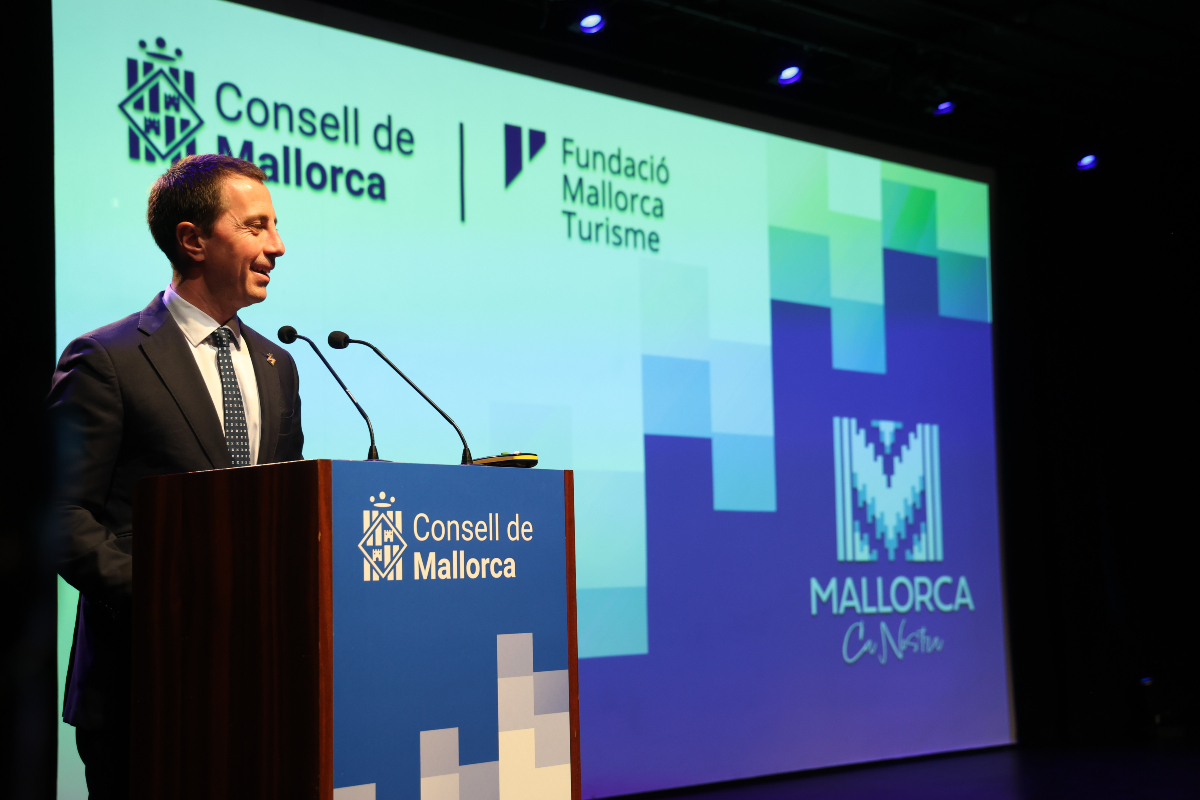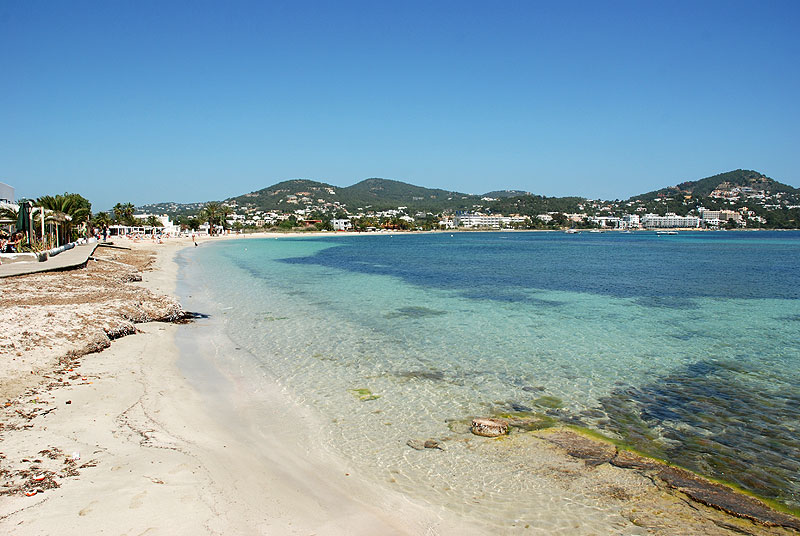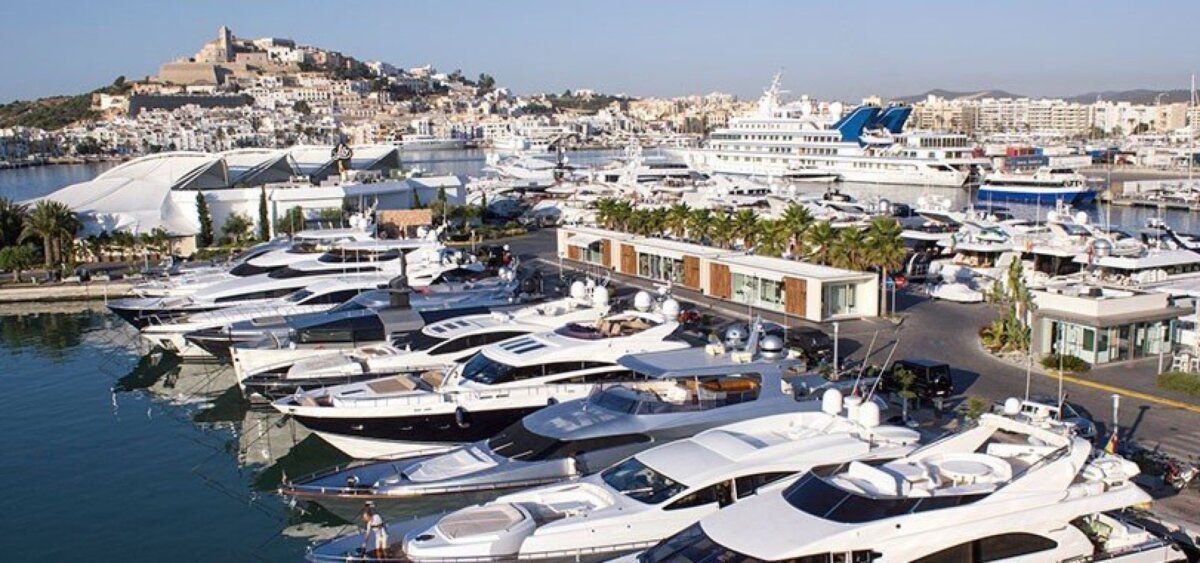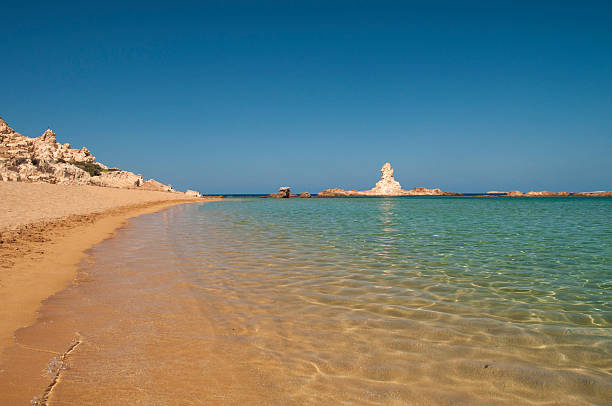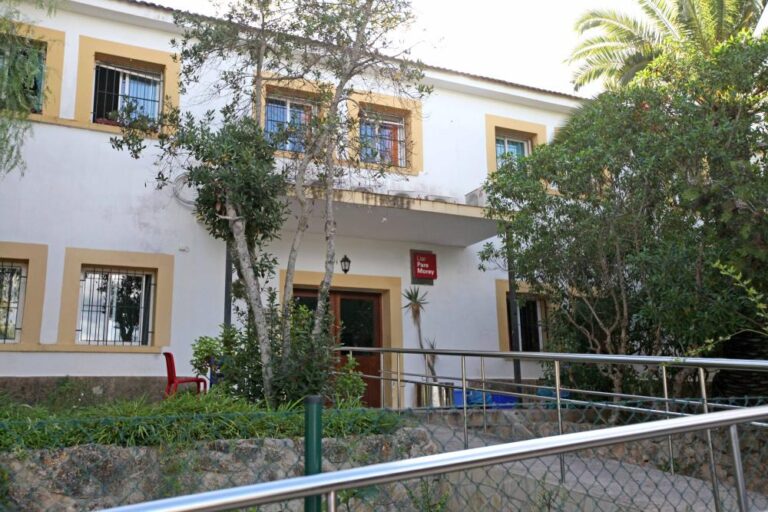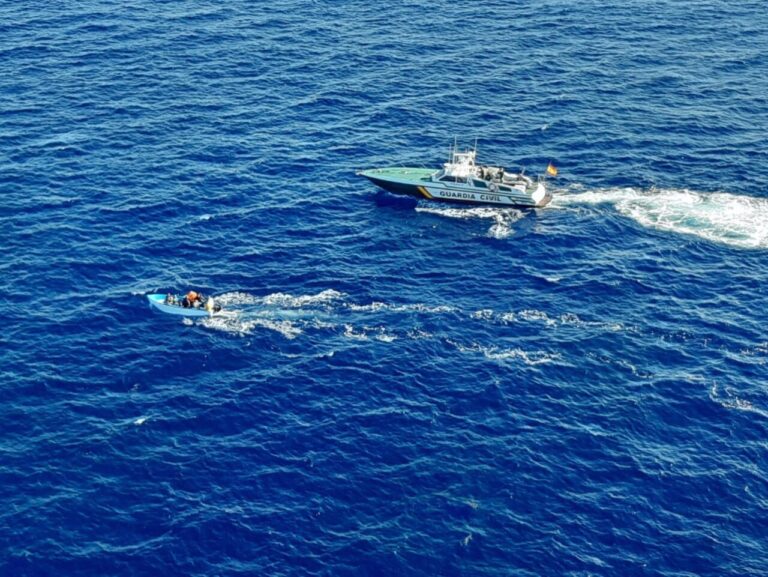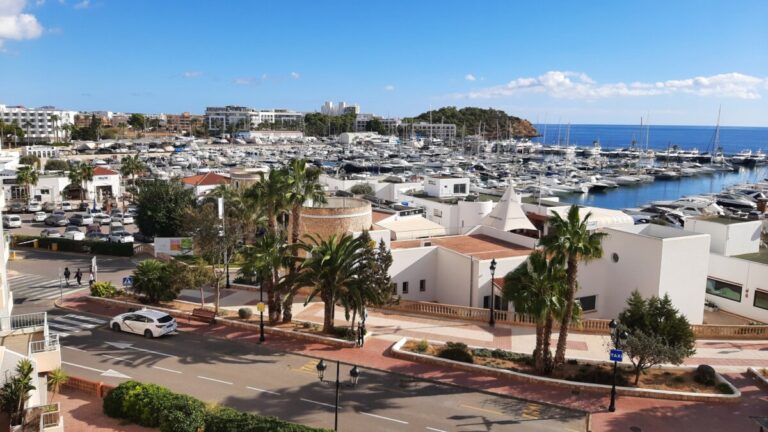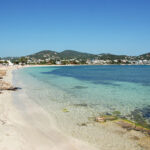The presentation of the tourist brand Mallorca Ca Nostra by the Consell de Mallorca on December 17 has generated considerable unease in the Balearic Government. Although both institutions are led by the same party, the Government has criticized the lack of coordination in the creation and launch of this new identity, especially from the Tourism Strategy Agency of the Balearic Islands (AETIB). The brand, presented as a commitment to tradition and modernity with its iconic “M” inspired by the teles de llengües, has been questioned for not having involved the Govern during its development process. Pere Joan Planas, director of AETIB, expressed his bewilderment: “The Consell did not ask for an opinion or coordinate with us at any time. We respect their autonomy, but it is essential to work together on issues of this relevance,” according to Última Hora. The Government considers that the moment to launch this new identity has not been the most appropriate, especially in the middle of the work of the Sustainability Pact promoted by the AETIB. This pact seeks to redefine the Balearic tourism model, with a strategic and sustainable approach. Planas described the presentation of the new brand as “inopportune”, as it coincides with a key moment in the Balearic Islands’ tourism planning.
Impact on tourism promotion
The launch of Mallorca Ca Nostra introduces an additional challenge in the international promotion strategies of the Balearic Islands. While the Government is committed to a unified brand to position the islands as a single destination in distant markets, such as America, the coexistence of this new identity with the traditional Balearic logo – popularly known as the “croissant” – complicates the joint strategy. Planas stressed that tourism promotion must maintain a global vision: “For distant markets we are still the Balearic Islands, not separate brands. Betting on a new identity without coordination can dilute our efforts and generate confusion”.
Investments and future challenges
The Consell de Mallorca allocated 167,000 euros to the development of the new brand, commissioned to Andy Stalman, known as “Mr. Branding”. In addition, the Mallorca Tourism Foundation (FMT) approved an allocation of 150,000 euros for its dissemination and another 50,000 euros to supervise its implementation. The Govern, for its part, has warned that the success of this new brand will require considerable investment in advertising and closer synchronization between the two institutions. “If we do not work in coordination, we run the risk of duplicating efforts and not maximizing the impact of our actions,” warned Planas.
A commitment to sustainability
The Consell justified the creation of Mallorca Ca Nostra as a step towards responsible and quality tourism, highlighting the importance of modernizing the island’s identity to attract an audience aligned with these values. However, the Government insists that any action must be framed within a joint strategy that reinforces the Balearic Islands as a sustainable and competitive destination on the international scene.

